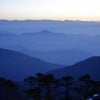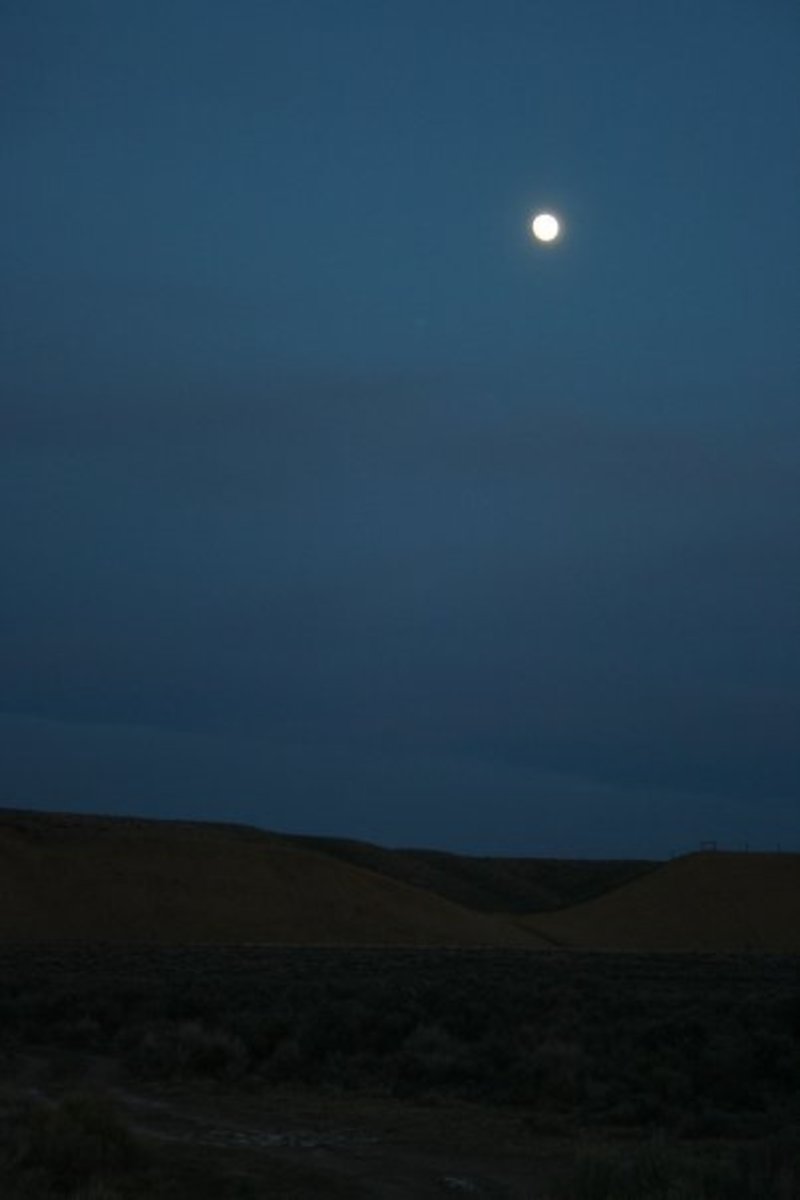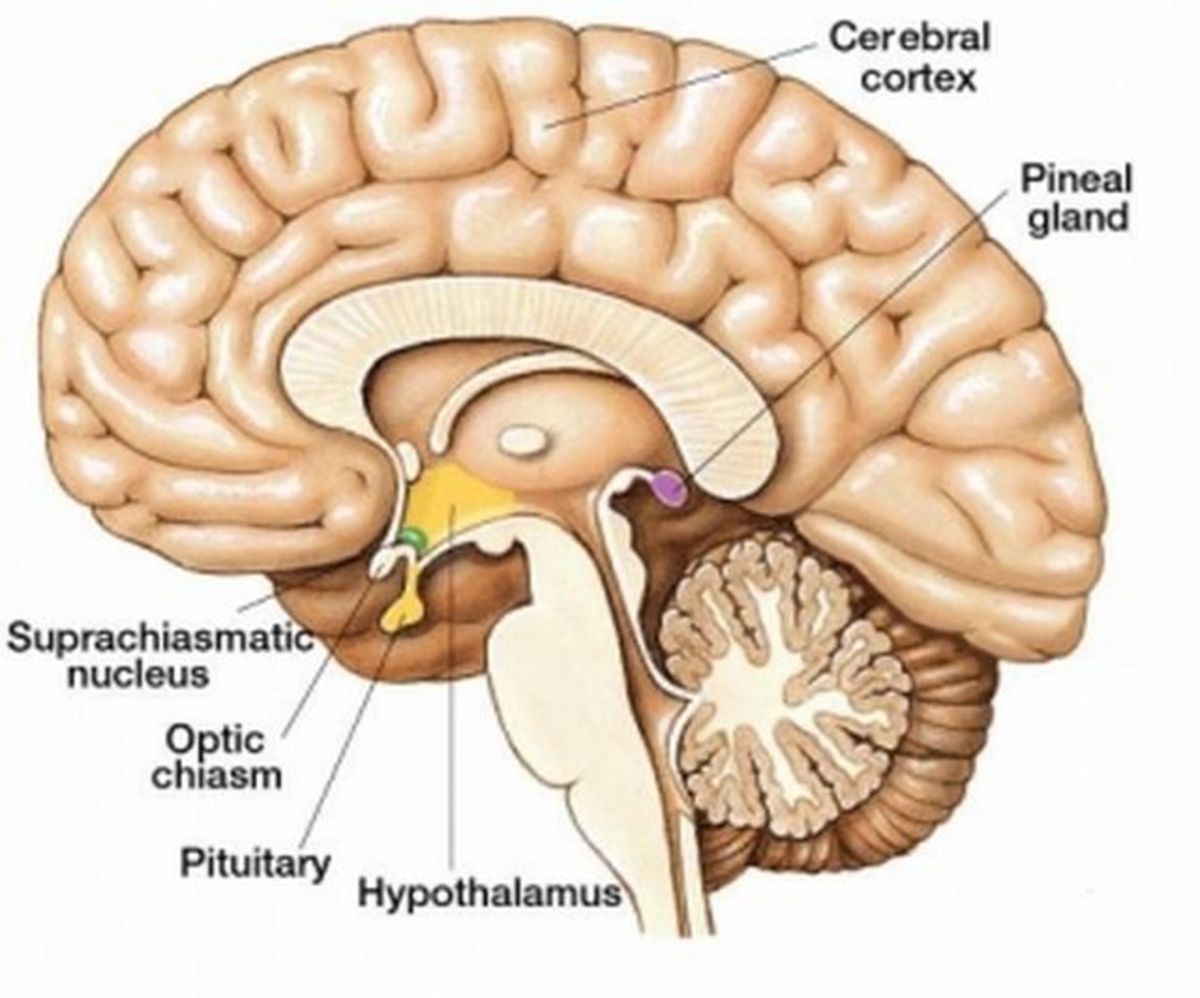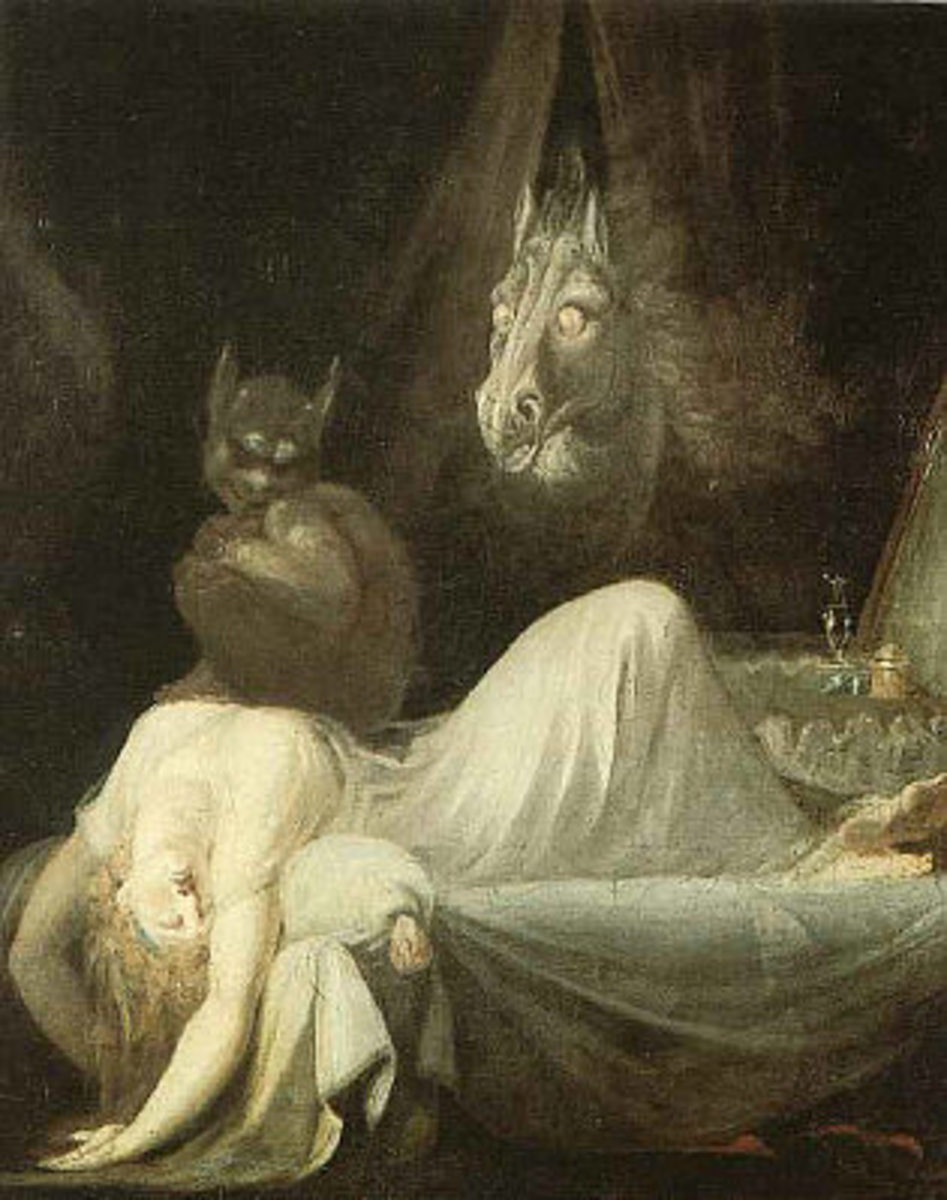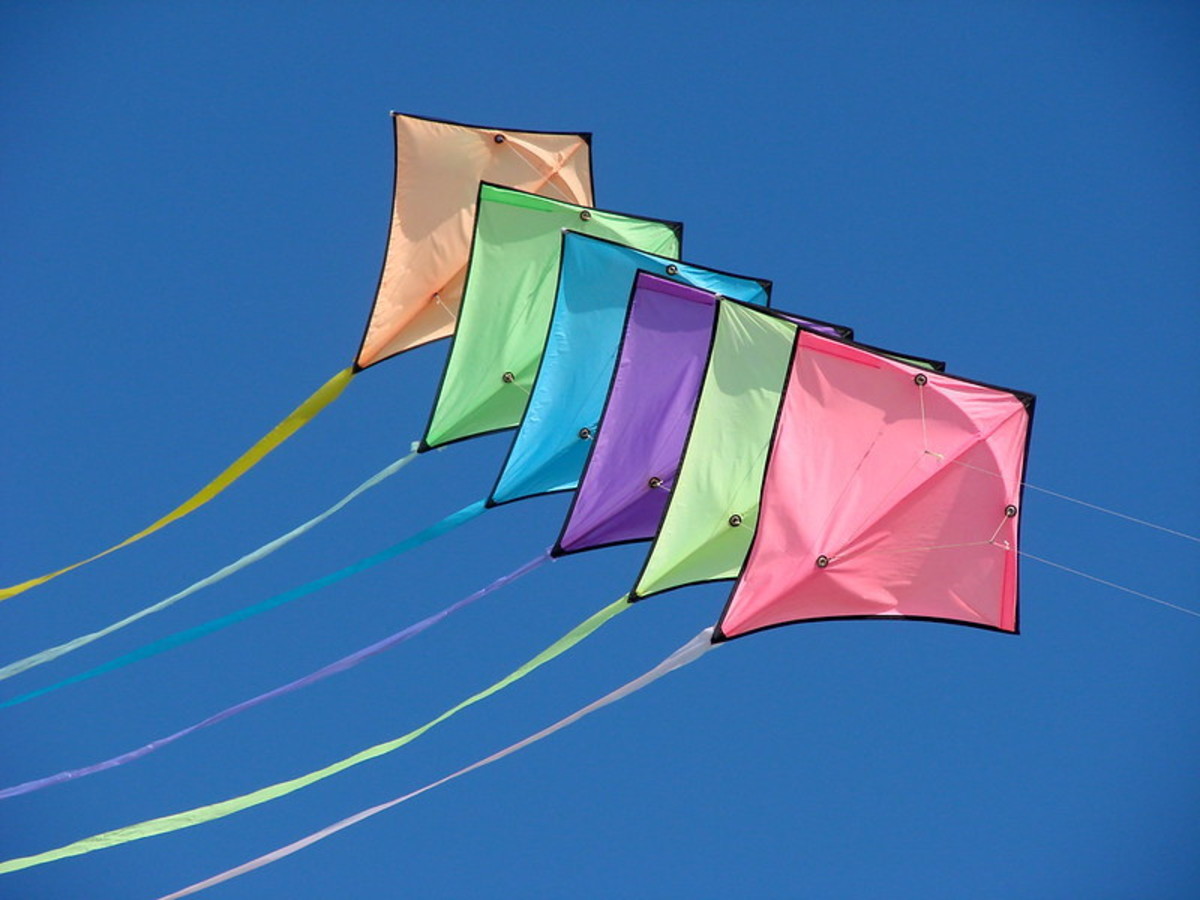Insomnia can be caused by usage of Blue Lights at Night!
Insomnia in modern times
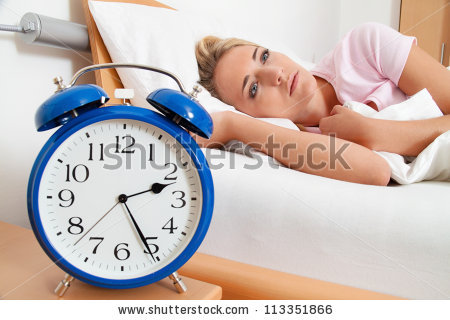
Blue Light Hampers Sleep
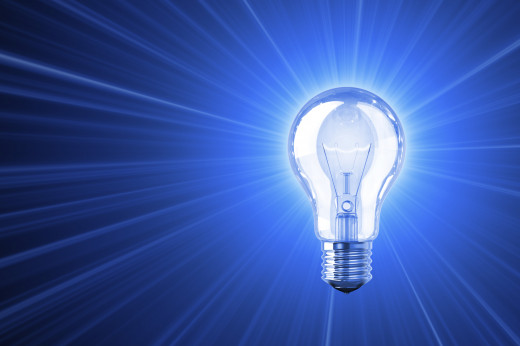
Avoid Bright Blue Light When You Sleep
Our modern lifestyle has become so lightning fast, that we hardly have time for ourselves. A busy daytime followed by a hectic evening gives us a very little time to chill out and relax, and we get involved in our mobile phones or computers during the late evenings to night-time. Though some of us get engrossed in Facebook or WhatsApp in the late evenings, some of us turn on the television and prefer to watch a late night comedy show while some people keep working such as reading emails on their phones or preparing business presentations in their computers or tablets. Recent studies have shown that such people were victims of insomnia. Insomnia, or sleeplessness, is a sleep disorder in which there is an inability to fall asleep or to stay asleep as long as desired.
Melatonin Supplement For Insomniacs
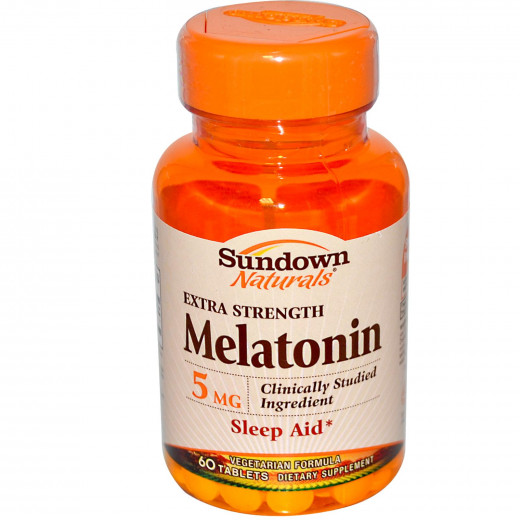
The Science Behind It
In the Modern Urban lifestyle, there's a lot of stress for us to handled. After the evenings (After Sun-set), we tend to spend a lot of time engrossed with our gadgets. The electronic gadgets or the cool bluish white night-bulbs radiate certain wavelengths of blue light, that inhibits the human body's normal production of melatonin, a hormone that helps people to fall asleep. Melatonin is mainly produced by the pineal gland during darkness (at night) and it is known that light is an important regulator of melatonin production from the pineal gland. Firstly, it can reset a specific area of the brain (the suprachiasmatic nuclei clock) and, as a result, the timing of the melatonin production. Secondly, exposure to light during the body’s biological night reduces melatonin production and release.
Before the rapid use of artificial lights, the sun was the major source of lighting, and people spent their evenings in relative darkness. Now, in much of the world, the evenings are illuminated, and we take this easy lifestyle for granted !
Blue wavelengths, which are beneficial during daylight hours because they boost attention, reaction times, and mood - seem to be the most disruptive at night. And the proliferation of electronics with screens, as well as energy-efficient lighting, is increasing our exposure to blue wavelengths, especially after sundown.
The Visible Part Of The Electromagnetic Spectrum
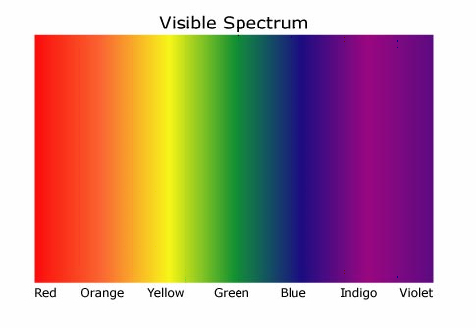
What Are The Experts Saying?
Christopher Colwell, a neuroscientist at the University of California, Los Angeles has said, "Conceptually, anything that will decrease the blue light exposure at night will be helpful. I know some of the gamers who swear by those orange tinted goggles."
"Warm white bulbs with less blue in them, are a better contender to be used as night lights than the cool bluish white lights", said Debra Skene, professor of neuroendrocrinology at the University of Surrey in England.
Stephen Lockley, a Harvard sleep researcher says, "Light at night is part of the reason so many people don’t get enough sleep and short sleep is linked to increased risk for depression, as well as diabetes and cardiovascular problems".
The Study Which Discovered This "Blue Light Hampers Sleep" Theory
A Swiss study of 13 teenage boys, published in THE JOURNAL OF ADOLESCENT HEALTH, showed that when the boys donned orange-tinted glasses which are also known as "Blue blockers", it was seen that melatonin suppression is prevented. For about a week, the boys felt "comparatively more sleepy" than when they wore clear glasses. It was seen, that the boys spent at least one hour in their mobile phone screens before sleeping.
Another study in 2013 published in the JOURNAL - CURRENT BIOLOGY led by Kenneth P. Wright Jr, director of sleep and chronology lab at the University of Colorado, Boulder, showed that our body and mind will behave different without the night-time lights. After the participants of the study had camped in the mountains for a week(where there were no night-bulbs), they became sleepy almost two hours before than their normal time of going to sleep.
It is believed by the scientific community that older adults may be less affected by blue light because the yellowing of the lens and some other changes due to age, successfully filter out the blue component of the incoming light and thus, they might face little to no difficulty to sleep among blue lights. Still, it is advisable to avoid late night blues!
Hue By Phillips
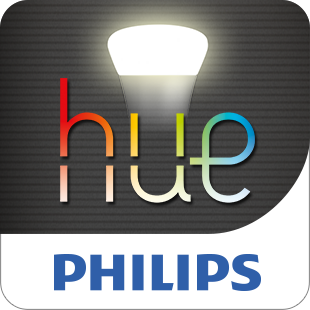
Modern Blue-Less Lights
One of the giants in the light making industry, Philips, makes a bulb called HUE, which can change the intensity of the components of the light, via an Application.
GE, or General Electric have recently announced an LED bulb having lesser blue in it, which is subjected to night-time use.
An Ohio company in the USA called LowBlueLights.com offers filters which are said to block blue light by covering the screens of electronic devices such as iPad, iPhone, tablets, etc.
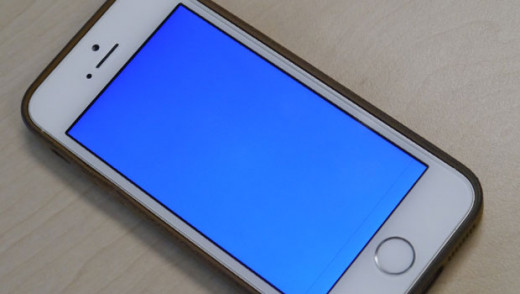
Insomnia Is A Growing Problem
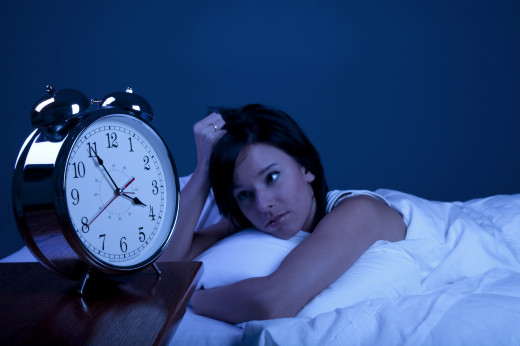
How To Avoid Insomnia
Though experts are of the opinion that this "blue light hampers sleep" theory has not been thoroughly studied, but they do advise that it is the best to "avoid brightly lit electronics at night". Now if you ask me, whom to listen to, about this growing "blue light hampers sleep" theory, I would like you to remember this eternal quote :
PREVENTION IS BETTER THAN CURE!
We arrogant human beings are unaware of the greater mysteries of the world, and similarly, we know less than 5 % of our body and its working. Though various scientific studies are going on, the working of our brain and the biological clock is too much complex for our understanding and still out of our reach. In such conditions, let us be humble and stay safe. Now you might ask me, why am i speaking so much about a silly sleeping problem! Its definitely not as serious as Caner or AIDS! So, let me explain, Insomnia is a growing concern among the urban lifestyle, continuous sleeping problem may induce a number of metabolic diseases. Not only that, failure of getting a good night's sleep may create huge amount of mental stress and that might affect our normal lifestyle and happiness. So, it will be better if we follow these simple instructions - Reducing all evening electronic gadgets as much as possible, using a small screen rather than using a larger one, reducing the time spent on these gadgets, using a "blue-less" late night bulb, etc.
Be safe everyone, save your near and dear ones and share the knowledge.
